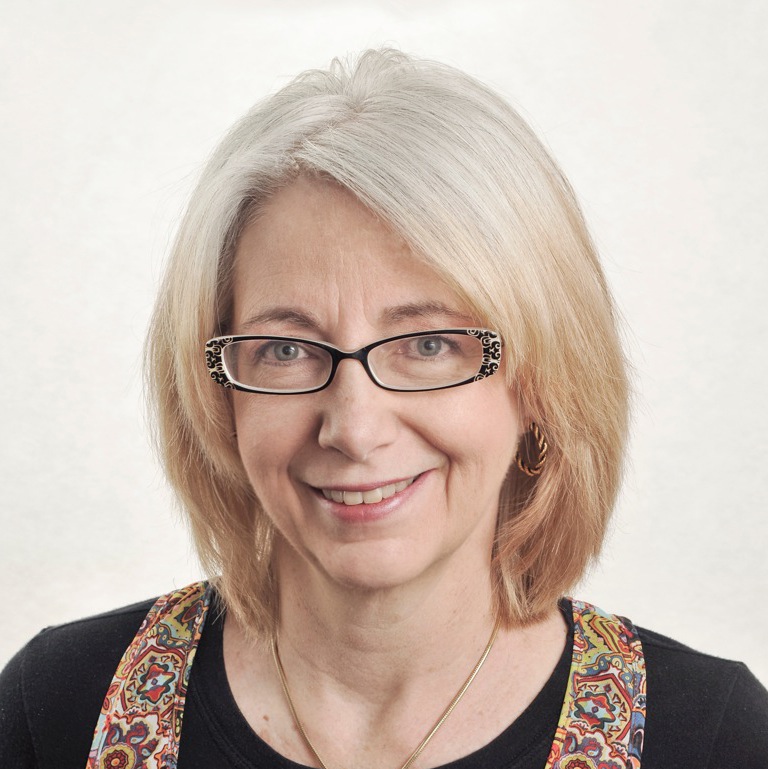 First, the good news. Worldwide, teen pregnancy rates have been declining since 2008. In the bad news, the United States still has higher rates than other developed countries. And within the United States, Texas has one of the highest rates (more than 75 pregnancies per 1,000 girls age 15-19); only two states, Mississippi and New Mexico, have higher rates.
First, the good news. Worldwide, teen pregnancy rates have been declining since 2008. In the bad news, the United States still has higher rates than other developed countries. And within the United States, Texas has one of the highest rates (more than 75 pregnancies per 1,000 girls age 15-19); only two states, Mississippi and New Mexico, have higher rates.
Focusing closer, Dallas ranks among the highest teen-pregnancy hot spots; and within Dallas, Lake Highlands ranks among the hottest, with more than 75 pregnancies per 1,000 teens. Dr. Susan Tortolero of UT Prevention Research Center, UT School of Public Health, presented this data to Richardson ISD’s School Health Advisory Council. Rates this high, she says, correspond to those of third-world countries.
Many parents believe sex education should be the exclusive job of parents, yet Dr. Tortolero has evidence that while 40 percent of parents believe they have discussed sex with their teens, only 7 percent of teens say their parents have talked to them.
But if you have teens in Lake Highlands, you probably know these statistics are not about your kids, right?
Dr. Brenda Darling, a Lake Highlands resident who works at Children’s Medical Center emergency room, laughed when I asked her about this. “The parent that says, ‘Oh, that’s not my child, my child’s not having any sexual activity,’ is the very first parent that, when I get lab results back, their child tests positive for chlamydia and gonorrhea.”
I asked Darling why there is such a disconnect between what parents believe about their kids and what statistics show to be reality.
“I guarantee you,” she says, “if you don’t start in elementary introducing these subjects, by the time you think they’re old enough to understand it, they will have already heard it from friends, or seen it on commercials, or read about it in a book, or heard about it in music. And you’re missing your opportunity to get the facts straight.”
Another hurdle is that many parents didn’t have good role models when they learned about sex. It is the rare adult who can look back and say their parents did a good job explaining the facts.
“Parents aren’t getting it done, for whatever reason,” Darling says. “It’s such a hazardous subject because they’re afraid their child can immediately ask, ‘When’s the first time you had sex? Why didn’t you wait until you were married?’ That’s very uncomfortable for parents.”
Another emotional issue is whether public schools should teach teens abstinence only, or add information about birth control and STD prevention.
The combined data suggest, clearly, that an abstinence-plus approach is more effective than abstinence-only.
But doesn’t information about sex, condoms and birth control teach kids how to do exactly what they shouldn’t? This question has been studied as well, and experts can now point to data that show zero increase in sexual activity as a result of sex education.
Family Outreach Dallas provides education and home-visiting programs to pregnant and parenting teens in the Lake Highlands and East Dallas area, with the goal of helping young girls delay the birth of their next child. Their director, Jane Collins, says, “Our community would benefit from expanding education about human sexuality.”
Public schools (including Lake Highlands High School) offer a class called Life Skills for School-age Parents. Only pregnant teens or students who are already parents are eligible to take the class. Pat Shotland, who teaches the class at LHHS, told me, “We need to make [sex] OK to talk about. Many of the girls have very little knowledge about their bodies.” Teens repeat many age-old misconceptions, such as the belief that pregnancy can’t happen the first time, or while standing up, etc.
The RISD School Health Advisory Council has been researching the possibility of abstinence-plus curriculum. Considering the slow road from the council’s recommendation to eventual approval by the board, it will be at least another year before a trial program may be rolled out in RISD’s junior high schools.
Meanwhile, given the data on teen pregnancies, it’s more important than ever for parents to initiate discussions at home.
Sources: Texas Campaign to Prevent Teen Pregnancy, UT Prevention Research Center, UT Public Health, UT Health Science Center at Houston





